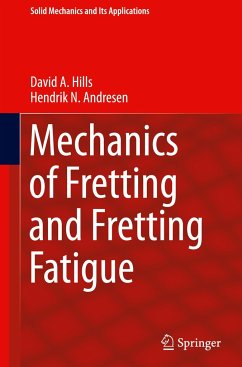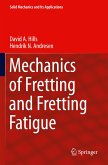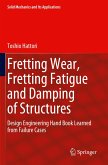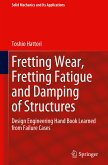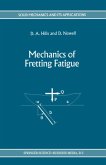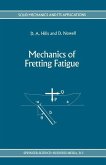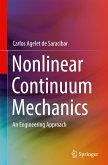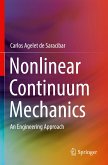This book, which has only one very distant forerunner authored by David A. Hills with David Nowell, represents a very big step that is the quantification of these problems and represents the twenty-five years' worth of work which have gone on at Oxford since the first book on the subject. Fatigue (popularly 'metal fatigue') is the primary failure mode of all machines, engines, transmissions and indeed almost all mechanical devices. The propagation of cracks is well understood and is treated in the subject Fracture Mechanics. By contrast, the nucleation of cracks is very hard to quantify and this remains the case with so-called 'free initiation' and, to a lesser extent, at cracks nucleated from stress raising features. But the third form of nucleation, where cracks start from the edges of rubbing components, that is, at joints, is potentially a very much better-defined environment, and therefore, the problem is amendable to attack by applied mechanics and experiment. The contents are of value both to those embarking on research on the subject and to practitioner in industry.
Bitte wählen Sie Ihr Anliegen aus.
Rechnungen
Retourenschein anfordern
Bestellstatus
Storno

